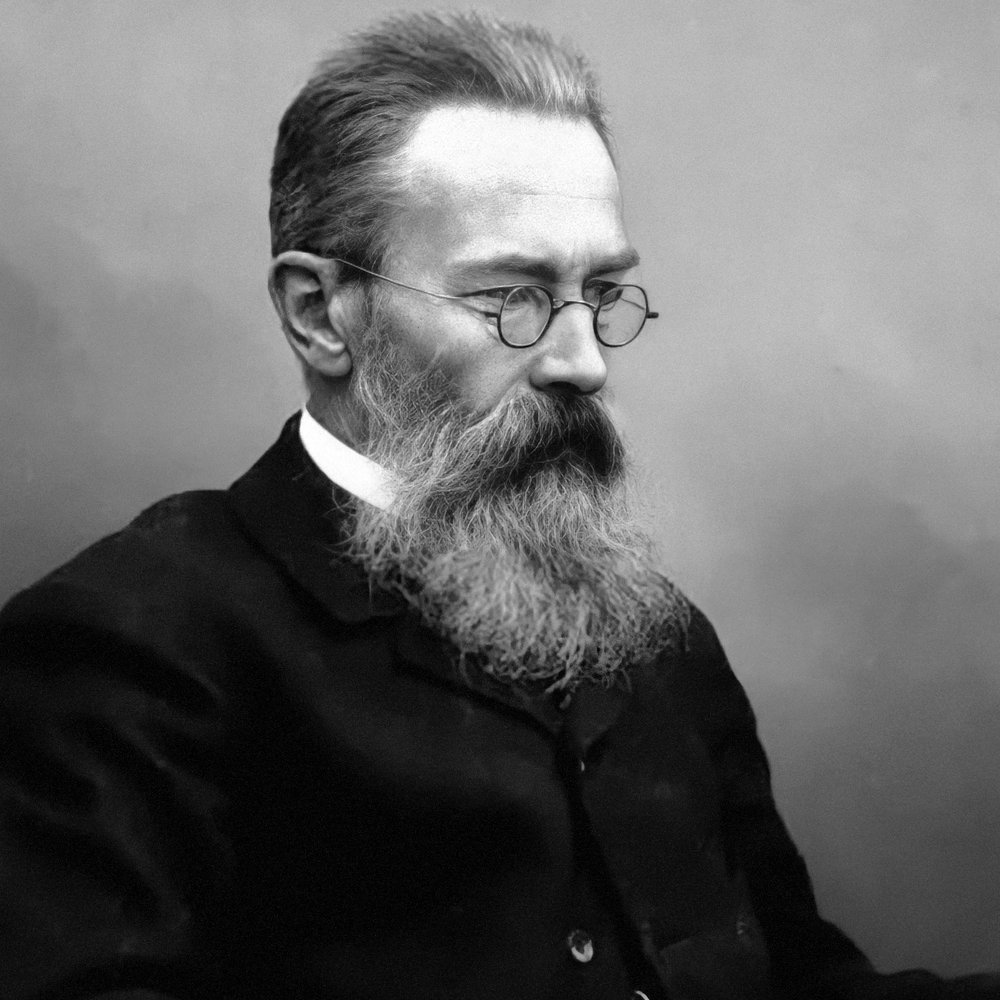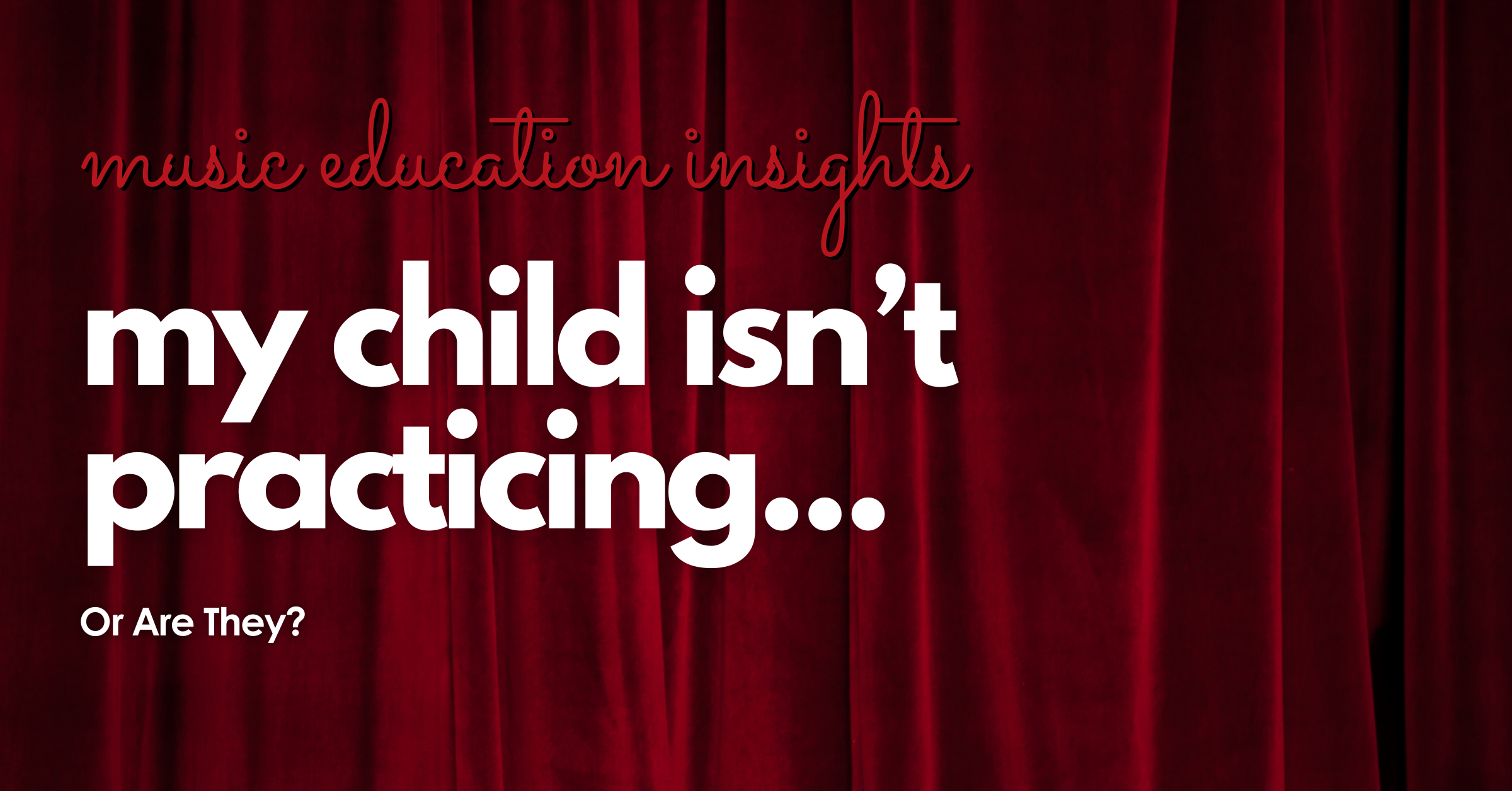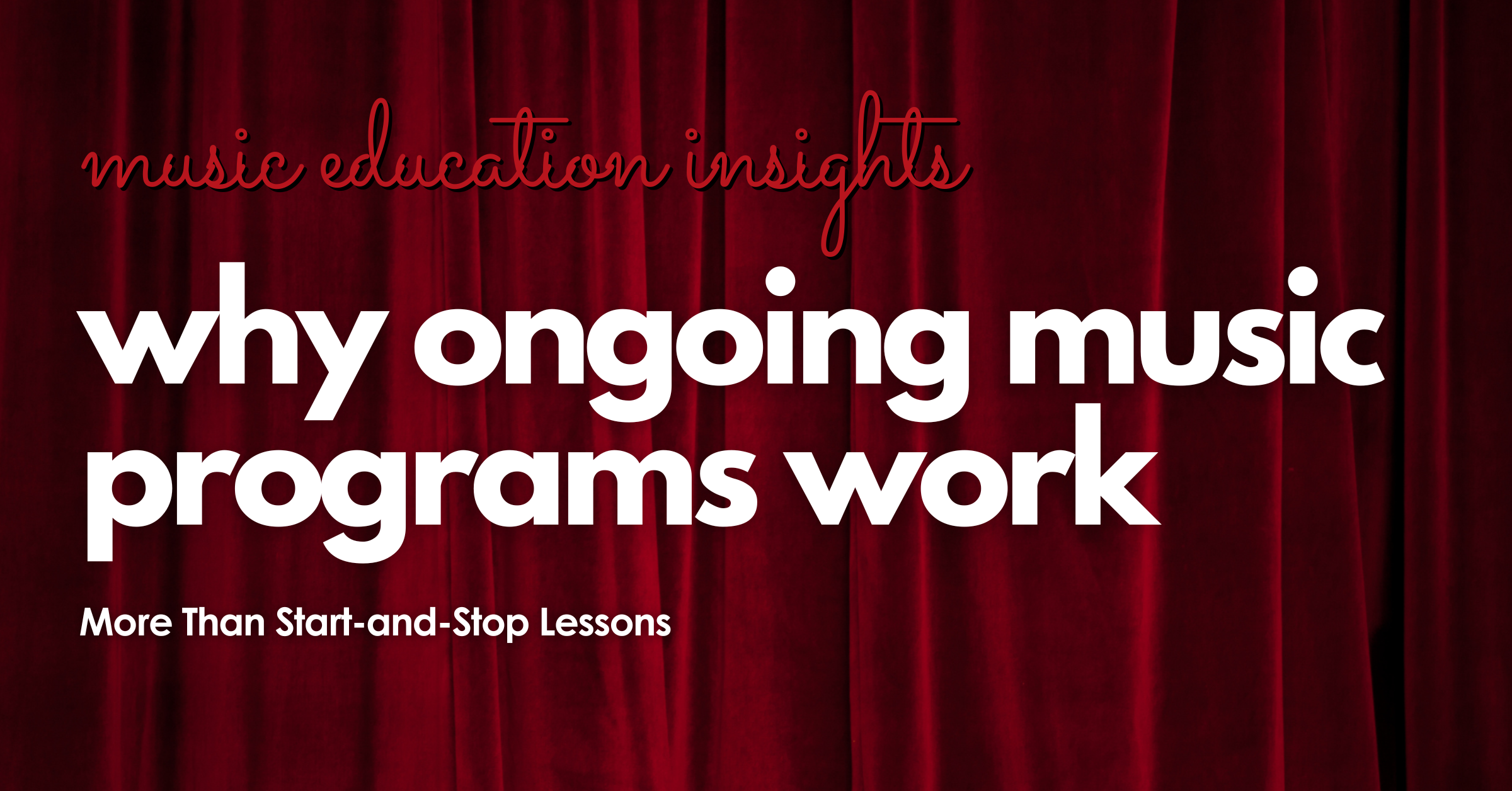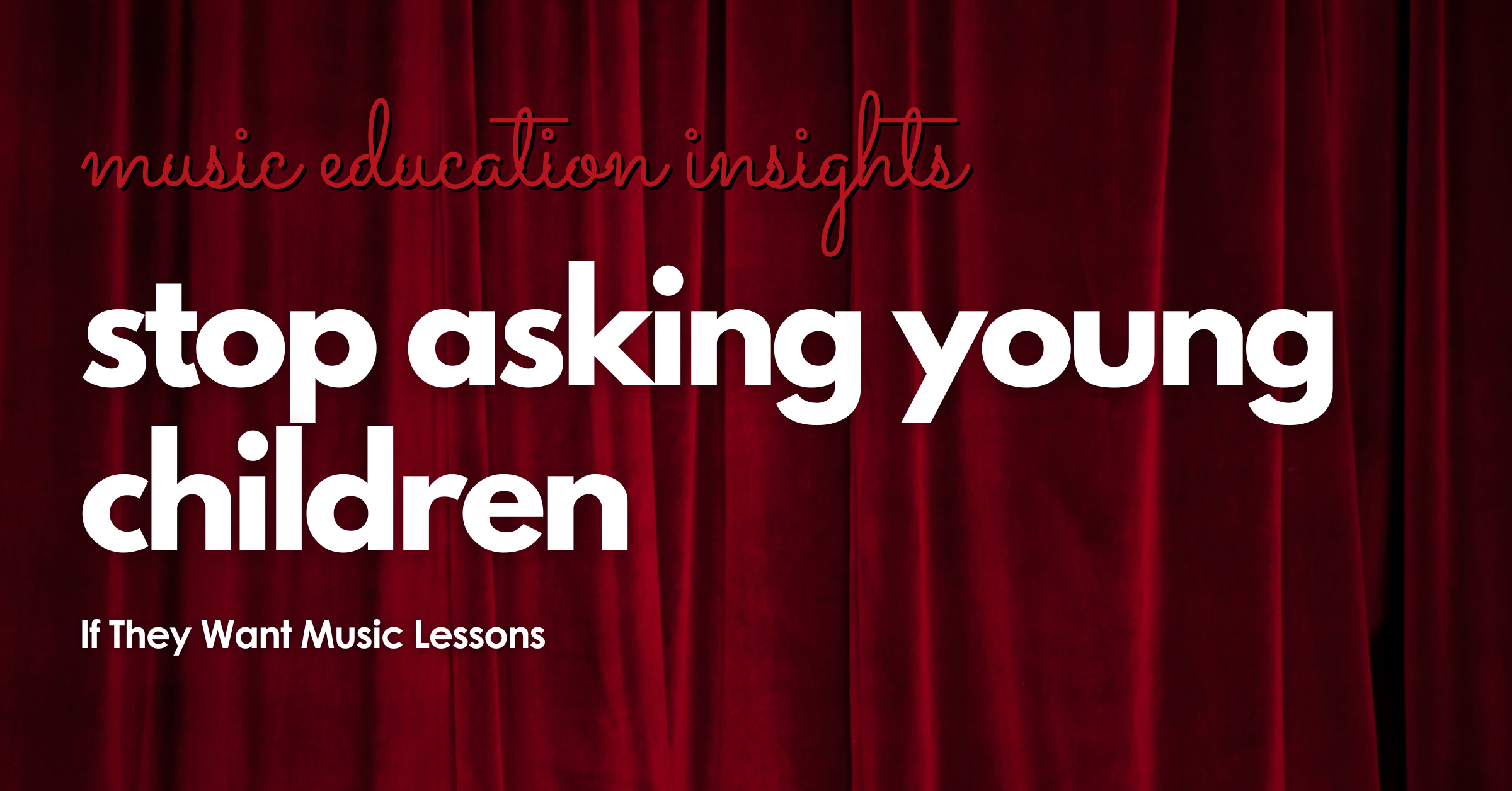
The Development of an Ever-better Goal-Setter
by Josh N. Castillo
What are your goals? Perhaps to see that project at work succeed, or to eventually get that raise, or to make it through each busy week to that one precious day off… Whatever your goals -from deadlines to downtime- we all have ideas for the future that we would love to see come to fruition.
Here at Little School of Music, we realize that one of your greatest goals is to equip your child with the tools for success in life. As a school of educators who have families of our own, we understand this goal, also longing for the achievement of that precious purpose in the lives of your loved ones. In that vein of thought, this month’s musician Leader, the driven Nikolai Rimsky-Korsakoff, sets an encouraging example for us all in his strategic, persevering, and successful pursuit of development and growth- a pursuit which was notably only made possible by means of robust Goal-setting, an approach which we can all learn from.
“Rimsky-Korsakoff’s life was a steady progression, a carefully planned development of a great and natural talent.” (Hughes)
Notably, it wasn’t simply talent that achieved that progression for this musician. How then does Nikolai Rimsky-Korsakoff’s story help us to achieve that significant goal of development and growth? Surely it is his consistent pursuit of improvement through intentional Goal-setting. Life was busy for Nikolai Rimsky-Korsakoff. While he dabbled somewhat in composition and piano performance as a young boy, this Russian youth found greater interest in other pursuits, overall spending a fair portion of his youth and adult years as a part of the Russian military program, mostly as a member of the Russian Navy, and eventually as a Russian Navy Band Inspector. As a member of that Navy, Rimsky-Korsakoff traveled around the world. As he traveled, Nikolai simultaneously sought to maintain a habit of writing musical pieces, a pursuit which had been sparked and nurtured by a few musician friends he had met through an educational institution back in his homeland. Yet, lamentably, these noble efforts to pursue growth in musical understanding were somewhat stifled by the creative isolation inherent to such nomadic Navy life aboard a ship. (Tarusken)
Indeed, bearing a fresh-yet-hindered love for music, Nikolai did not receive much formal musical training until he accepted a teaching position at the St. Petersburg Conservatory (music college). (Hughes, 1954) It was only then that, in this intense academic setting, Rimsky-Korsakoff decided to reserve nearly 3 years of his life for the purpose of especially focusing on building a strong, systematic knowledge of music composition techniques. This study ultimately served to improve Nikolai’s musical understanding greatly. It was through this continued perseverance and persistent pursuit of improvement that he ultimately succeeded in mastering a host of complex musical skills, teaching himself how to write complex pieces of music for 20+ instruments using such sophisticated approaches, all the while continuing to teach students at the St. Petersburg Conservatory in Russia, and continuing to serve in the Russian Navy. (Hughes 1954, Tarusken)
Surely strategic Goal-setting was an extremely important part of Nikolai Romsky-Korsakoff’s progression and development.
Though it was often a struggle for this composer to effectively pursue musical education, Nikolai continued pursuing his own development despite the delay of distraction, sadness of separation, and challenging pace of the collegiate setting. In fact, the fruit of this hard work can be seen in the fact that one particular orchestration manual written by Nikolai Romsky-Korsakoff has remained a highly regarded resource in the music world to this very day. (Hughes, 1954)
Thus, considering the example of this steady learner, it’s worth keeping in mind that the education and development of a student- though it may be hindered by any variety of internal or external difficulties- will absolutely be benefited by the determined and methodical pursuit of goals. So absolutely Goal-set. Set and continue to pursue goals, not expecting immediate results, but always being prepared to evaluate those goals. Relentlessly persevere towards the achievement of those goals, regardless of hardship. Don’t give up on encouraging your student to set their own goals, whether in their music lessons or elsewhere. Practicing that process will surely help them to develop and to grow as a musician, and more importantly as a person. That’s why we here at LSM are so devoted to providing an excellent music education for your student: because that special growth of your student’s precious music, motivation, and memories is the ultimate goal which he have intentionally set our minds on.
Works Cited:
Hughes, Rupert. Music Lovers’ Encyclopedia.; Revised and re-edited by Taylor, Deems; Kerr, Russell 6th Edition, Doubleday & Co. 1954.
Taruskin, Richard and Slonimsky, Nicolas. “Nikolay Rimsky-Korsakov”. Encyclopedia Britannica, Invalid Date, https://www.britannica.com/biography/Nikolay-Rimsky-Korsakov. Last accessed 1 September 2023.



